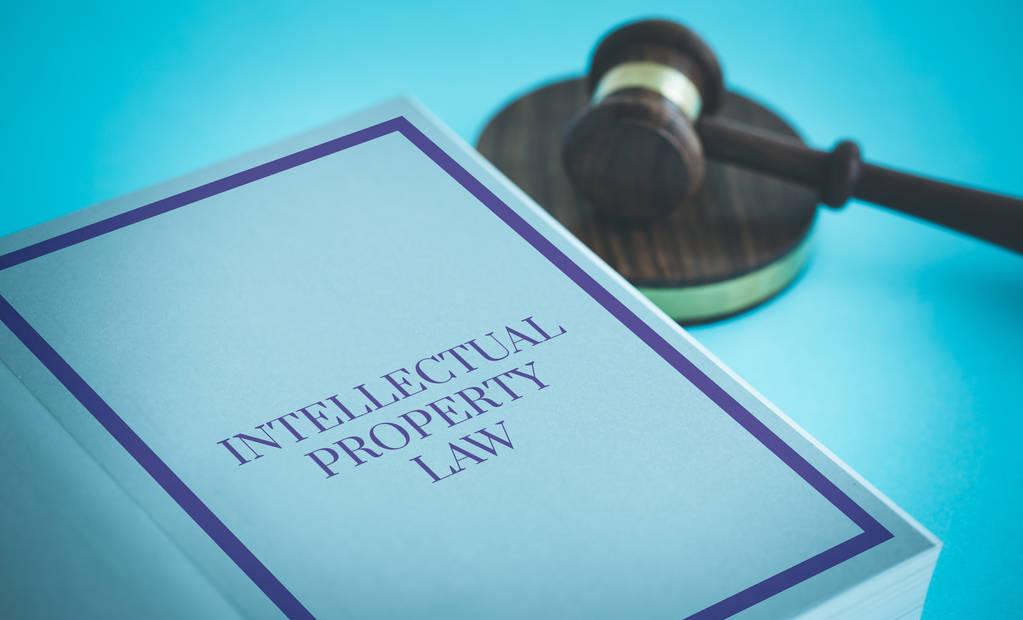On April 20, the Beijing Internet Court held a press briefing on the trial of online copyright cases.
Zhao Ruigang, member of the party group and vice president of the Beijing Internet Court, introduced that in 2020, the Beijing Internet Court accepted a total of 28,946 copyright cases and concluded 27,925 cases, with a settlement ratio of 96%.
From the perspective of the way of closing cases, 21,714 cases were concluded by mediation and withdrawal of lawsuits, accounting for 78%, and 6,236 cases were concluded by judgment and other means, accounting for 22%, and the results of resolving disputes were obvious. From the perspective of trial cycle, the average trial period of cases is 51 days, and the period of rights protection of intellectual property rights holders is greatly shortened.

"In order to solve the long-standing difficulties and pain points in the protection of intellectual property rights on the Internet, the Beijing Internet Court has formed an overall synergy in terms of technology-enabled justice, trial method reform, and compensation standard improvement." Zhao Ruigang introduced.
In order to solve the problem of "difficulty in presenting evidence", the Beijing Internet Court has realized real-time interaction and efficient retrieval of copyright registration information through the "double-chain docking" of the copyright chain and the balance chain, which greatly reduces the cost of proof and improves the credibility of evidence.
In order to resolve the "long cycle", the court has greatly improved the efficiency of trials and improved the timeliness and convenience of judicial remedies by promoting small claims procedures and summarizing the three-step trial method of "elements + contention + confirmation". In order to reverse the "low compensation", the court has established a refined gradient compensation standard, played a deterrent role in a series of benchmark cases, and increased the sanctions for malicious infringement, repeated infringement and other acts.
It is worth mentioning that in the context of the digital economy, the recent disputes over online copyright cases accepted by the courts have shown more new characteristics.
The development of high technology has directly promoted the emergence of new creative methods and works, whether such achievements should be recognized as works protected by the Copyright Law, and what kind of protection rules should be applied, has become a new issue that needs to be solved urgently in the judiciary; traditional communication methods have been replaced by new online information flow methods, and how to reasonably balance the interests between right holders, disseminators and the public has brought cutting-edge challenges to judicial protection work.
In addition, the application of the technology involved in the case is numerous, new business models are constantly emerging, and under the background of the digital economy, multiple industries are showing mixed industry integration and development, promoting new changes in the industrial ecology in the field of copyright, and it is urgent to explore a digital copyright governance system that is compatible with the development of the digital economy.
In this regard, the Beijing Internet Court has summarized a number of adjudication concepts to provide rules and guidance for the development of online intellectual property rights.
"We have made clear through our judgments that judicial attitudes should be resolutely curbed against acts of infringement in the name of innovation. For example, the use of acts and business models such as sharing membership and listening to music and reading dramas to disseminate the works of others is illegal. We have also identified this as infringement. Zhang Lianyong, vice president of the Second Comprehensive Trial Division of the Beijing Internet Court and deputy director of the Conference of Professional Judges on Intellectual Property Rights, told reporters.
For example, in the "Dubbing Show" case, the plaintiff was the copyright holder of the animated short film "A Tanuki Dream Island • My Cloud" and other works involved in the case, and the defendant was the main developer and operator of the mobile phone software "Dubbing Show" APP. The plaintiff's evidence collection found that there were 14 dubbing materials derived from the works involved in the case, as well as more than 20,000 dubbing videos based on the above-mentioned dubbing materials. Users can tip dubbing videos based on dubbing materials by recharging the platform for gifts. The plaintiff filed a lawsuit on the grounds that the right of dissemination of information networks had been infringed, requesting that the defendant be ordered to stop the infringement and compensate for economic losses and reasonable expenses of 162,000 yuan.
After trial, the court ordered the defendant to compensate the plaintiff for economic losses of 15,000 yuan and reasonable expenses of 250 yuan. The court held that the short video industry has become a corner of the network-related copyright field that has attracted considerable attention, and the determination of the fault of its service providers should meet the needs of the development of the industry. When a short video service provider intends to use its business model to seek improper benefits, it should regard its ability to foresee the infringement as an important factor in determining its fault. The above-mentioned adjudication ideas aim to promote short video service providers to adopt healthy and legitimate business models, thereby promoting the sustainable development of the industry.
At the same time, in the case of "singing songs in the live broadcast room" and "dubbing show", the court responded to the new characteristics of the relationship between online users and online platforms, holding that online platforms need to bear a more prudent duty of care for infringement under certain conditions.
(Beijing Business Daily reporter Tao Feng, Wang Chenting)